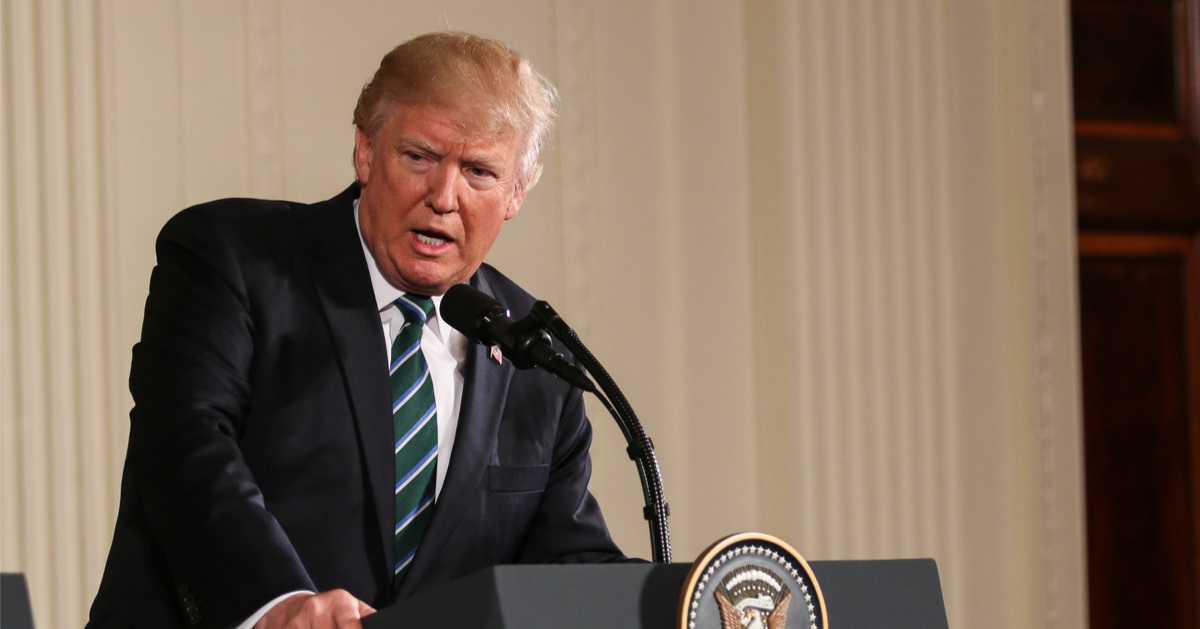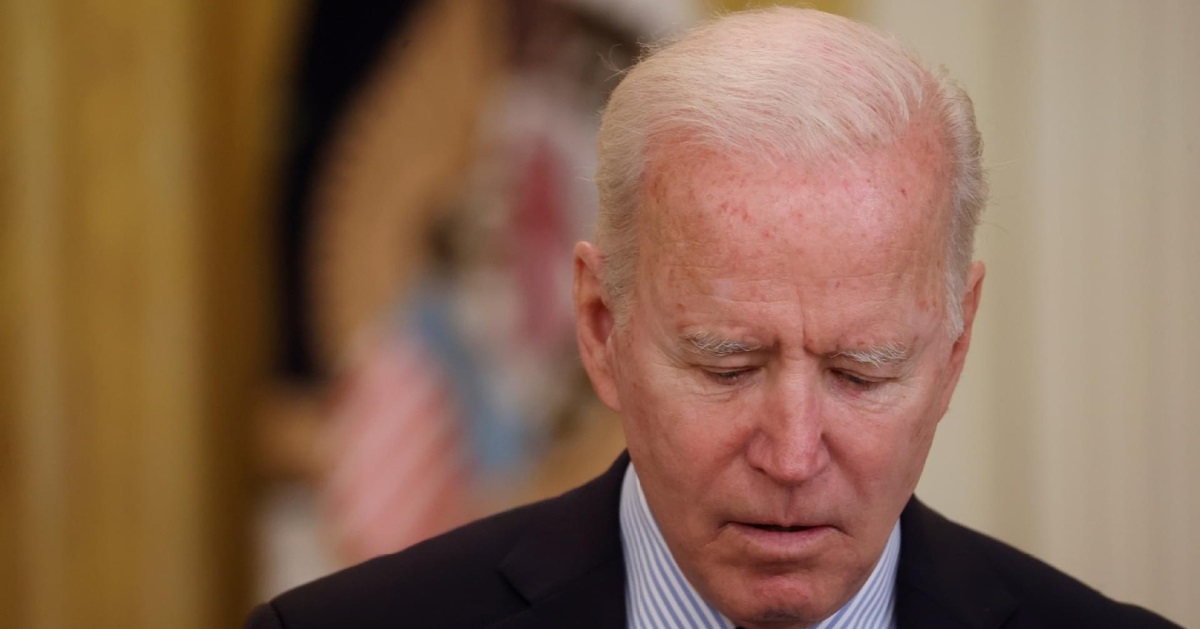Trump co-defendant Chesebro asks Georgia judge to exclude email evidence allegedly seized illegally
Kenneth Chesebro, an attorney who was indicted alongside former President Donald Trump and several others by Fulton County District Attorney Fani Willis for his alleged role in a racketeering conspiracy to overturn the 2020 Georgia election, may have just found a way to avoid prosecution.
Attorneys for Chesebro argue that the search warrant used to obtain his emails was "defective" under Georgia law and, as such, all evidence obtained or derived from that warrant was illegally seized and must be excluded by the court, The Epoch Times reported.
That warrant was "defective," the attorneys claim, because Fulton County prosecutors did not properly abide by a particular Georgia statute that specifically lays out the procedures for serving search warrants on attorneys in order to protect attorney-client privilege.
Chesebro asks for evidence seized by warrant to be excluded and suppressed
Law & Crime reported that Fulton County prosecutors served a search warrant on July 20 on Microsoft to obtain the contents of Chesebro's MSN email account, after which he was criminally indicted on Aug. 14 with more than a half-dozen counts related to the alleged racketeering conspiracy to overturn Georgia's 2020 election.
According to a court filing on Thursday, however, Chesebro's attorneys asked Fulton County Superior Court Judge Scott McAfee "to exclude and suppress any evidentiary documents that were obtained via search warrants" that they believed were executed in violation of state law.
In support of that request, the filing points to the Georgia Code Sec. 17-5-32, which outlines specific procedures for the search and seizure of evidence in the possession of an attorney that may be protected by attorney-client privilege and authorizes the exclusion of any evidence that was illegally seized.
Multiple alleged violations of controlling statute
The motion to suppress first looked at Sec. 17-5-32(c) which authorizes search warrants for materials possessed by an attorney if there is "probable cause to believe that documentary evidence will be destroyed or secreted if a search warrant is not issued," but Chesebro's attorneys asserted that no such probable cause existed "because months earlier Microsoft had archived all the e-mails in Fulton County Superior Court in question, pursuant to a preservation order."
They further noted that the statute requires the appointment by the court of a "special master" to preliminarily review all materials to be seized pursuant to the warrant for anything that may be privileged prior to those materials being viewed by law enforcement or the prosecution.
That didn't happen here, and though Fulton County did send the seized materials through a "filter team" that looked for potentially privileged materials, that move "does not actually comply with the statute" with respect to either the special master requirement or a requirement that Chesebro be notified of the items to be seized and given an opportunity to either provide said items or declare them privileged and protected.
On top of that, Chesebro's attorneys further argued in a footnote that there was "no basis" for prosecutors to sidestep the requirements of Sec. 17-5-32 on the claim that he was a "suspect" in a crime since he had voluntarily appeared before the grand jury and never received from the DA's office "any indication that he was regarded as a suspect, despite the fact that it did send formal target letters to co-defendants and unindicted co-conspirators in this case."
Finally, the attorneys pointed to Sec. 17-5-32(d), which states that "evidence obtained in violation of this Code section shall be excluded and suppressed from the prosecution’s case-in-chief or in rebuttal, and such evidence shall not be admissible either as substantive evidence or for impeachment purposes."
Search was illegal and evidence must be suppressed and excluded
In light of all of that and more, Chesebro's attorneys declared, "The search warrant and its service are therefore defective, and the seizure -- and any subsequent search of the requested materials -- are illegal."
"The prosecution’s half-hearted attempt here to disguise its search warrant as compliant with [the statute] is hardly the first sign of trouble on this front. The Fulton County District Attorney’s Office had already violated this Code section in another case less than two months before the search warrant here was issued," they further noted. "There can be little doubt that the Office will continue to violate the statute in future cases unless and until a judge applies the remedy for such conduct identified by the Legislature: exclusion of the improperly obtained evidence."
The filing concluded, "For these reasons, the warrant is defective, and the search and seizure predicated thereon is illegal. Pursuant to O.C.G.A § 17-5-32(d) and § 17-5-30, Mr. Chesebro prays that the Court suppress and exclude any evidence derived from the search warrant."






